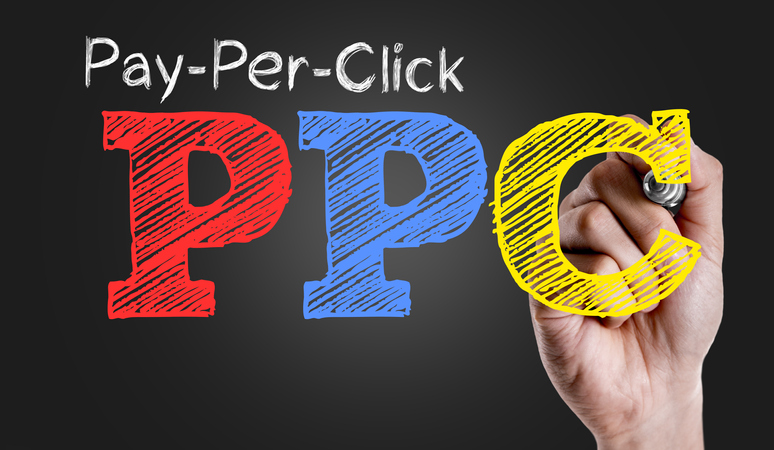SEO vs. PPC


Quick Navigation
When using search as a marketing tool, brands use two different strategies: search engine optimization (SEO) and pay-per-click (PPC). The former uses organic search, while the latter uses paid search. Although these methods both have the end goal of getting more visitors to your website, they work in completely different ways. Here we explore the difference between SEO vs. paid search.
Search engine optimization (SEO) is the process of making your website more visible when users look up specific phrases or keywords. This idea is that by creating your website with SEO in mind, you can rank higher on search engine results pages (SERPs) and get more website traffic. SEO directly targets organic searches, also known as unpaid traffic.
SEO considers how search engine algorithms work. By producing high-quality web pages that are formatted correctly, you can show up on more results pages. When users visit your website, you are increasing your chances of making a sale. Even if you don’t make a sale on a user’s first visit, you are boosting your brand awareness and creating more interest around your products and services.

Image via Unsplash by judmackrill
Pay-per-click (PPC) is a paid form of advertising often used on search engines. With this method, you pay Google or other major search engines a fee each time someone clicks your ad. Rather than earning website visits organically, PPC advertising entices users to click on an ad that leads to your webpage.
When using PPC on search engines, advertisers bid on specific keywords. For instance, if you are a lawn care company, you might bid on the keyword “lawn care tips.” Then, when users search this keyword, an ad for your company will show up at the top of the search engine.
The main difference between SEO vs. PPC is that SEO is unpaid and PPC is paid. Both strategies have the same end goal of getting your website to rank higher on SERPs. You need to decide if you would rather get website visits organically or through a paid strategy. Both methods require a knowledge of how search engines rank websites and the best practices for making your webpages more visible.
Another difference is how search results show up for each method. With SEO, the results will look like any other search results. With PPC, they will appear at the top of a SERP, marked as an advertisement. Users will clearly know that you paid for this result to show up and may not want to click the link. In fact, 80% of users ignore paid ads in their search results.
Here are the pros and cons of SEO:
Here are the pros and cons of PPC:
Whether you use SEO, PPC, or both depends on your brand’s needs. The key is to find a strategy that makes your brand more visible on search engines and helps you get more website views. As more people view your website, you may find an increase in sales or brand engagement.

SEO Alt Tag: What It Is and Why It’s Important
SEO | 4 min read

The Top SEO Tips To Follow
SEO | 4 min read

Earning a Certification in SEO
SEO | 4 min read